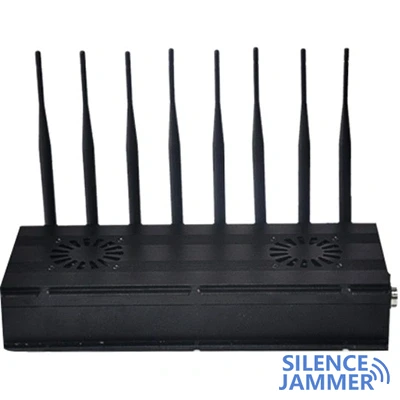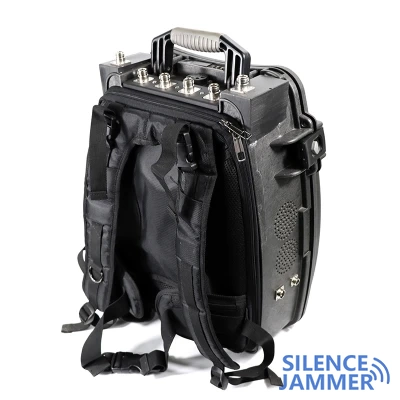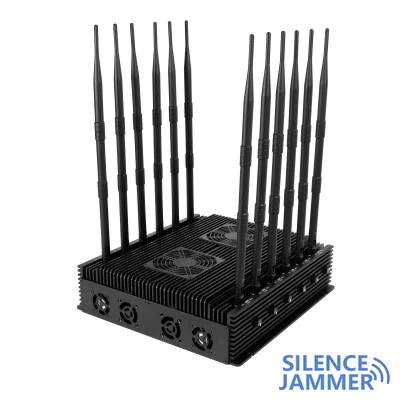Philippine Bureau of Prisons decides to stop using prison signal jammers
In the Philippines, the Bureau of Prisons (BuCor) announced that it will stop using prison signal jammers to control prisoners' use of phones and other electronic devices in prisons. The decision marks a major shift in the way prison communications are managed, shifting the focus from blocking signals to comprehensive monitoring of communication activities.
Signal jammers bring inconvenience to managers' communications
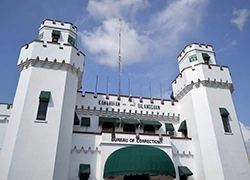
In an interview, Gregorio Pio P. Catapang Jr., head of BuCor, said that although cellphone signal jammers have played a role in preventing illegal communications, the side effects they bring cannot be ignored, especially the interference with the daily communications of prison guards and staff. Therefore, the Bureau of Prisons has decided to stop relying on these jammer blockers and introduce a new monitoring system that will be able to track and record all calls made by persons deprived of liberty (PDL) in real time.
Advances in technology and humane management of prisons
“We now have the ability to identify unregistered devices used in prisons and monitor them,” Katapan explained. He further noted that this new system will not only identify the devices but also record the content of the calls to prevent illegal activities from happening.
Katapan stressed that BuCor will no longer block prisoners’ phones but will focus on monitoring their communications to ensure that prisoners only use them for legal and family contact calls and not to participate in any form of illegal activities. He also mentioned that the Bureau of Prisons has procured tablets that allow prisoners to make video calls with their families, which provides a safer and more convenient way for prisoners and their families to communicate.
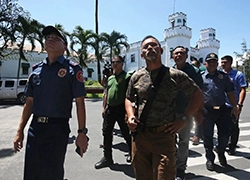
In addition, to ensure that these calls are not abused, BuCor has also set strict usage hours and frequencies. “The call time for prisoners will be allocated and they will not be able to make random calls every day. This is not only to maintain order but also to save resources,” Katapan said.
Prisons adopt other measures to cooperate with management
BuCor has also taken some other measures to improve the transparency and efficiency of prison management and ensure safety and order inside the prison.
- Prison guards are now required to wear body cameras, which not only helps monitor the activities of prisoners, but also prevents violations by the prison guards themselves. Once the camera is turned off or enters a restricted area, the system automatically sounds an alarm, thus ensuring the continuity of monitoring.
- Hand in mobile phones. Catapan revealed that recently in the New Bilibid Prison (NBP) in Muntinlupa City, prisoners voluntarily handed in about 500 mobile phones. These mobile phones will not be destroyed immediately, but will undergo forensic examination for possible evidence. He said that this move is one of the efforts to combat corruption in prisons.
- In terms of technology, BuCor has also introduced flying drones to monitor the activities of prison guards and prisoners.
Catapan confidently stated: "These newly introduced gadgets and equipment will not be corrupted and cannot be bribed. They will provide strong support for our monitoring work and ensure that we have a comprehensive grasp of all activities in the prison."



